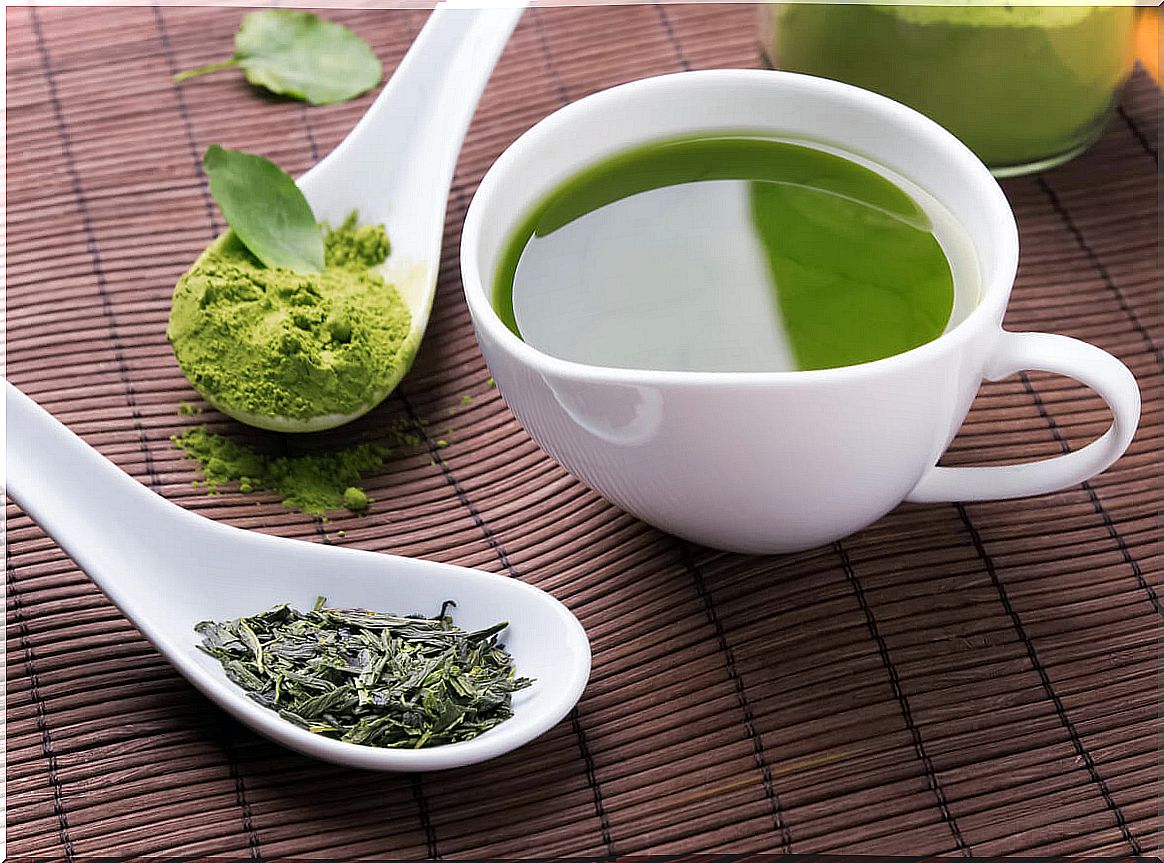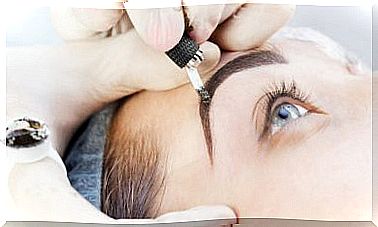Can A Healthy Diet Prevent Skin Cancer?
Many people wonder if there is a diet to prevent skin cancer. This type of pathology is closely related to hygiene in sun exposure. Furthermore, there appears to be a relationship between the thinning of the ozone layer and the increase in harmful radiation reaching the dermis.
In any case, food is not a minor topic in cancer prevention. In fact, some research and reviews postulate that certain changes in dietary habits or an emphasis on nutrient intake may be beneficial in preventing skin cancer.
Antioxidants in the diet to prevent skin cancer
Many types of tumors are linked to increased oxidative stress and free radical production. To counteract this situation, it is necessary to increase the contribution of substances with antioxidant potential in the diet. Plant products are rich in phytonutrients, which have this characteristic.
For this reason, regularly including fruits and vegetables in the diet is associated with a lower risk of developing skin cancer. According to research published in the International Journal of Molecular Sciences, the intake of phytochemicals from plants is positively associated with a reduction in the risk of developing melanoma and non-melanoma tumors.
Blueberries, tomatoes, and culinary spices are also lavish in this class of nutrients. However, some beverages are supportive for the same function.
The intake of green tea, for example, has shown that it can influence the prevention of skin cancer, thanks to the contribution of polyphenols. This is stated by a study published in the journal Photodermatology, Photoimmunology & Photomedicine, in which the authors affirm the lower incidence of dermal cancer caused by ultraviolet rays from the sun.

Includes vitamin A in the diet against skin cancer
Some vitamins are closely related to skin health. This is the case of vitamin A, a nutrient that can be found in red vegetables, such as carrots.
In fact, the consumption of this substance is one of the best natural therapies when it comes to preventing skin cancer, according to an article published in 2019 in the journal Medicine. This vitamin is able to stimulate the immune system to prevent the mutation of skin cells and prevent them from becoming malignant.
On the other hand, there is no evidence that supplementation with this nutrient reduces the incidence of tumors. What must be ensured is a contribution within the range of recommended values, which ranges between 700 and 900 micrograms per day for adults.
However, it is not the only vitamin useful in oncology. Vitamin D, whose genesis depends on sun exposure, is also associated with fewer skin-related pathologies. These include acne, alopecia, melanoma, and non-melanoma skin cancer. This association is reflected in a review published in the journal Actas Dermo Sifiliograficas.
To improve vitamin D levels, sun exposure is necessary, although in a prudent and controlled way. Including foods such as oily fish, eggs, and enriched dairy in the diet also helps prevent deficiencies in this nutrient.
Exclude trans fats from the diet

In the same way that there are nutrients capable of reducing the risk of developing skin cancer, there are others that have the power to increase this risk. These are, for example, trans fats, linked to systemic inflammation and damage to cellular DNA.
An excessive consumption of these lipids increases the incidence of complex diseases, metabolic diseases and cancer. According to a study published in the journal Diabetes & Metabolic Syndrome, the regular supply of these fatty acids is capable of promoting the oncological development associated with obesity.
For this reason, ultra-processed foods that are rich in harmful substances should be restricted. In turn, it is beneficial to reduce the number of fries, since trans fatty acids are formed from the subjecting of vegetable oils to high temperatures.
Diet helps prevent skin cancer
Diet is an important factor in preventing skin cancer. However, it is not the only item to consider. It is necessary to bear in mind that it is a multifactorial disease.
Genetics are also important when assessing the risk of developing this pathology. Despite everything, a series of healthy lifestyle habits can reduce the incidence of the disease, taking care to expose yourself to the sun at the right times.









